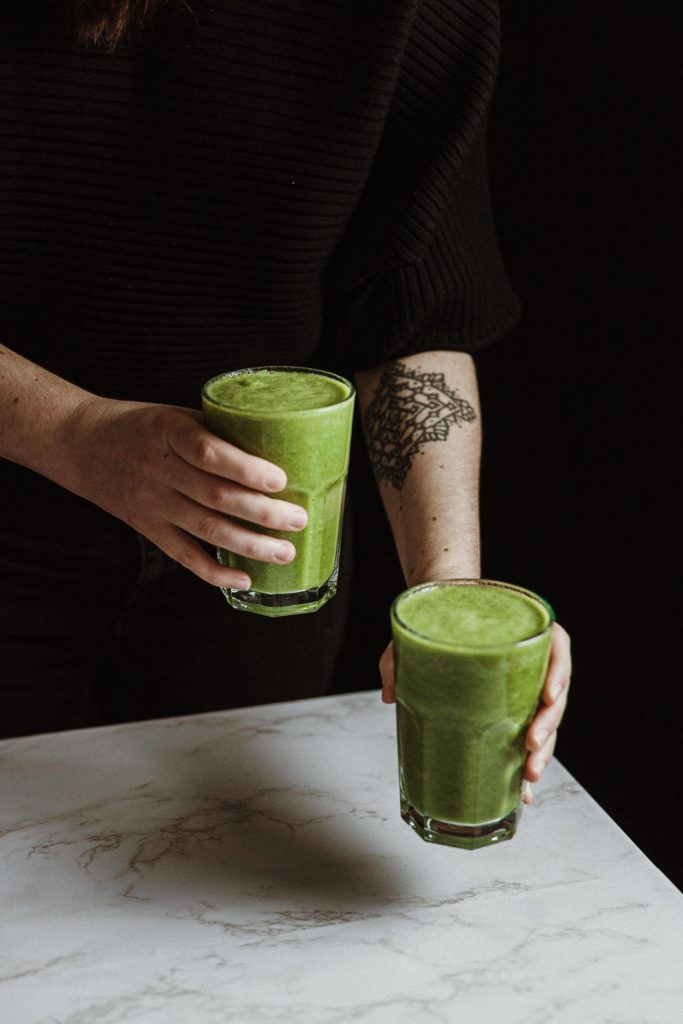Known as the ‘plant of immortality,’ aloe vera was traditionally used to treat a wide range of illnesses, from skin disorders to constipation. Today, aloe vera remains a popular remedy for certain medical conditions. Modern-day research shows that the succulent offers various health benefits due to its rich vitamin and mineral content.
People who use aloe vera as a form of treatment usually apply it topically in gel form. However, topical application isn’t the only way to benefit from aloe vera's healing and nourishing properties. The short-stemmed, cactus-like shrub can actually be eaten.
If you’re wondering whether aloe vera is safe for consumption, we’ve outlined everything you need to know in this article.
Is Aloe Vera Edible?
Each aloe vera leaf consists of three parts: the skin, the gel, and the latex. The first two are generally safe to consume—and they even offer a range of health benefits. The third part is not edible or safe to consume.
Here’s a breakdown of the nutritional value of each part:
- Skin: Although there’s not a lot of conclusive research on the consumption of aloe vera skin, the general consensus is that it’s safe to consume. The texture is comparable to celery or cucumber skin. Just make sure to wash this part thoroughly if you’re planning to eat it, as the outer side may be contaminated by pesticides.
- Gel: Aloe vera gel is safe to eat, raw or cooked. It has a clean, refreshing taste, so it’s usually an ingredient in some salsas and smoothies. Aloe vera gel is nutrient-dense, containing more than 200 essential vitamins, minerals, and antioxidants. It also contains amino acids that aid muscle-building and enzymes that help with digestion and nutrient absorption.
- Latex: The latex is the yellow juice or sap in the inner rind of the aloe vera leaf. It contains compounds, like aloin, with natural laxative properties. This layer is not edible and should not be consumed. In fact, in 2002, the FDA ordered the recall of over-the-counter laxatives containing aloe vera.
Are There Any Risks?
Cosmetic aloe vera or aloe vera products intended for topical use should never be ingested. These products are specifically manufactured to moisturize, relieve irritation, soothe sunburns, reduce inflammation, and treat other skin concerns.
Skincare aloe vera gel typically contains preservatives and other ingredients to extend its shelf life and improve its texture, color, and smell. Most of these ingredients are not fit for human consumption. Ensure that you’re only consuming food-grade aloe vera fresh from the leaf or the grocery store.
Below are some of the other potential dangers of eating aloe vera:
- Ingesting aloe vera gel is also not advisable for people taking kidney, heart, or diabetes medications as it may exacerbate the drugs’ side effects.
- Long-term consumption of aloe vera latex may lead to muscle weakness, stomach cramps, irregular heartbeat, and kidney problems.
- Aloe vera latex may also trigger uterine contractions, which may lead to a miscarriage.
- Aloe vera latex may also aggravate the symptoms of those suffering from digestive disorders like Crohn’s disease or inflammatory bowel disease (IBD).
How Do You Eat Aloe Vera?
Here’s a quick guide on how to prepare aloe vera for consumption:
- If you’re harvesting the leaves, ensure that you’re taking them from the aloe vera plant and not from any other aloe species. Some aloe species may be poisonous and, hence, should not be consumed.
- You’ll also find individual leaves in the produce section of most grocery stores. Choose one that’s full and firm, and avoid those with too many imperfections or blemishes.
- Rinse the leaf under cold, running water.
- Cut off the top and the base, and trim the serrated edges.
- Slice the leaf into halves or thirds, depending on its size and length
- Leave them in a bowl of water for 10 minutes
- Scoop out the gel using a spoon or butter knife.
- Make sure to rinse off any dirt or latex that you see.
You can eat the aloe gel raw or use a gentle cooking method such as steaming, blanching, or poaching. You can also mix it with other fruits and vegetables in a smoothie.
Ready to Start Your Own Brand of Aloe Products?
If you’re ready to start your own brand of aloe products, Aloe Laboratories can work with you to advance your dream project. With over 30 years of experience in producing organic, high-quality aloe vera, Aloe Labs works hard to create products that exceed our customers' expectations. We can also offer practical advice to ensure the success of your project.
Contact us now to see how we can help.

